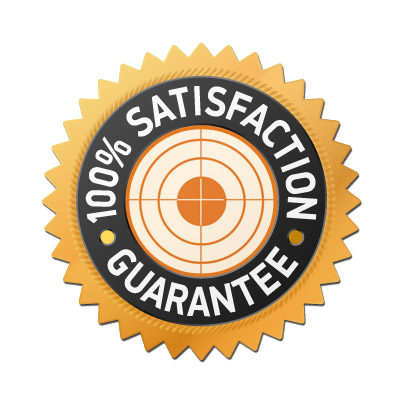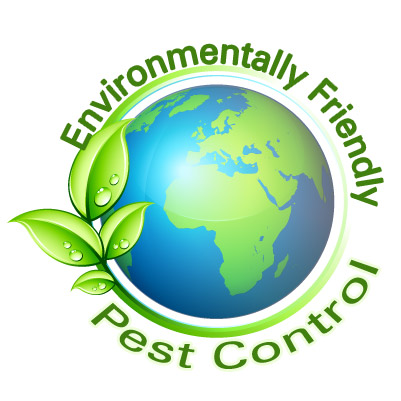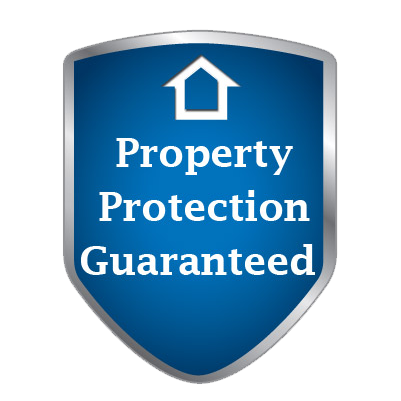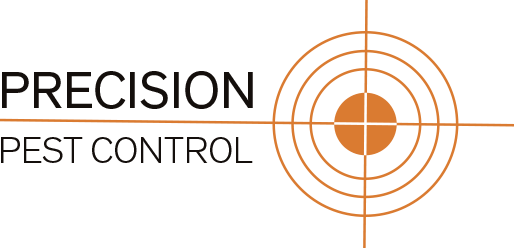
Termite management solution – chemical treated zone
When it comes to protecting your home from termite attacks, Precision Pest Control uses two solutions that are ideal for post-construction protection: (1.) the chemical treated zone and (2.) the monitoring zone and colony elimination.
Let’s look first at the chemical treated zone.
1. Chemical treated zone
A highly effective liquid chemical like Bayer’s Premise® 200 SC Herbicide is used to treat around the perimeter and other termite entry points located at your home to provide an effective and reliable zone that will expose the termites’ attempt to enter your home.
Precision Pest Control does this by having a qualified technician:
- Conduct a thorough inspection to identify any possible signs of termite activity both past and current.
- Apply the chemical to create the treated zones:
- Digging trenches around the perimeter of the structure and around the other contact points including supports, piers and plumbing.
- Carefully drilling into the concrete slab areas that adjoin the buildings perimeter, e.g. pathways.
- In some cases, a termite chemical reticulation system may be installed so chemical can be reapplied if necessary.
- Offer an annual pest inspection. We recommend that our customers at the very least get annual termite inspections.
| Advantages | Disadvantages |
|---|---|
| Treated zone is effective for a number of years. | Treated zone will need to be replenished at some point. |
| Depending on treatment type, this will repel termites or kill them as they cross the barrier. | If the treated zone is disturbed or covered, the barrier may be breached or bridged. |
Things you need to know as the homeowner:
The applied chemical needs to contact the slab edge and the footings of the house all around the perimeter:
- If the floor is suspended, chemical needs to be applied externally and underneath.
- It is best to remove paving, tiles or concrete to treat the soil directly where possible.
- If unable to treat directly, chemical will be injected into the soil after drilling.
- All our chemicals are safe for you and your family, your pets and the environment.
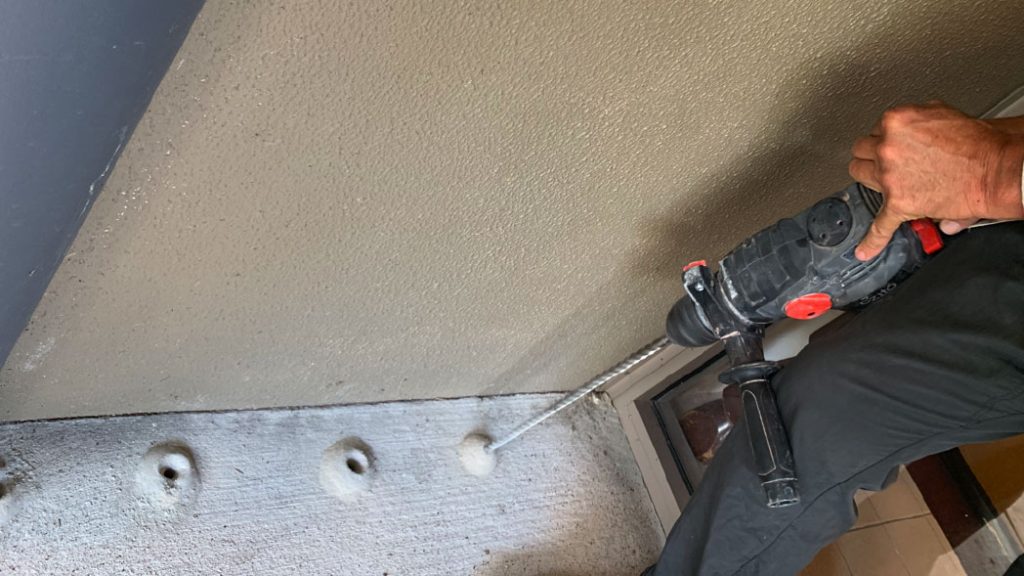

Drilling
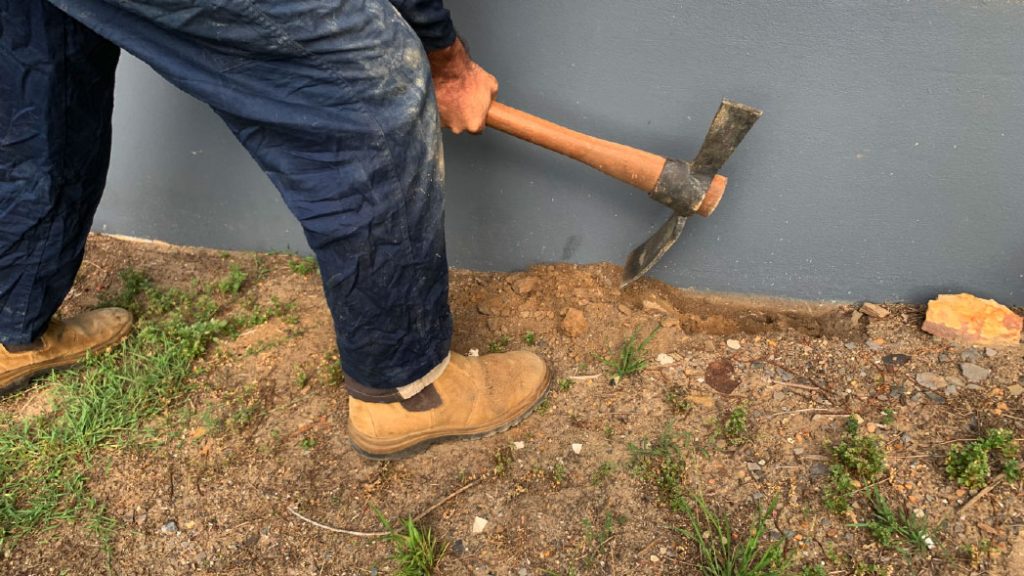

Digging trench
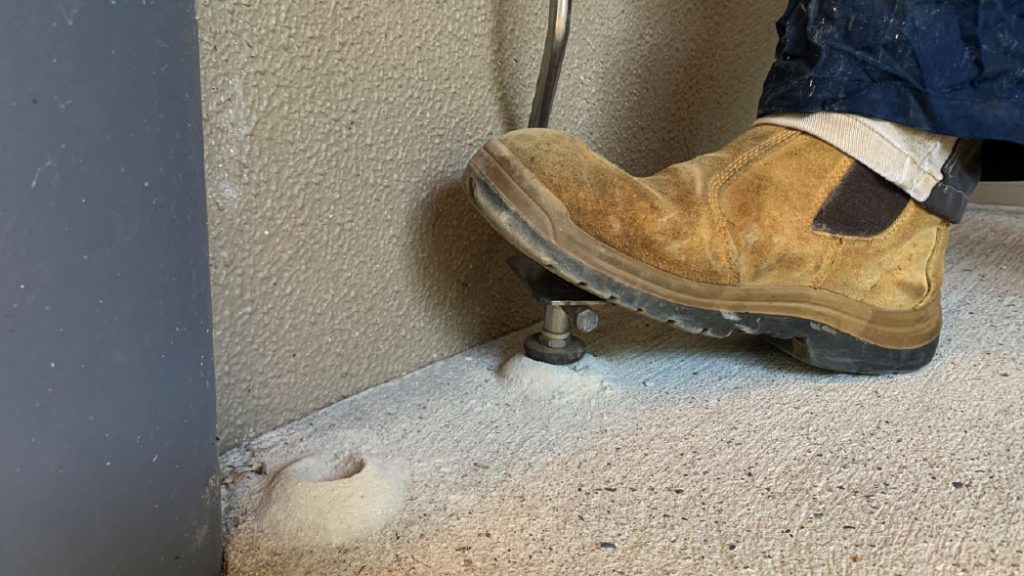

Injecting
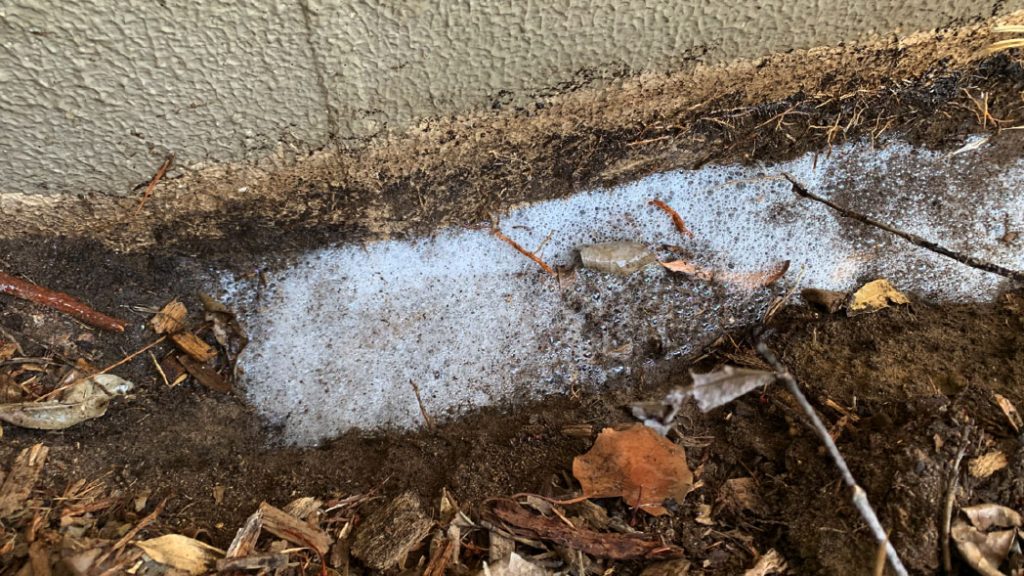

Apply chemical to perimeter
Our treatment
Our treatment recommendation will determine which management options you have. Here is a summary of the differences in the two treatment approaches.
| Chemical treated zone | Monitoring zone and colony elimination | ||||
|---|---|---|---|---|---|
| Year 1 | Complete a thorough termite inspection and control any existing termite infestation | Year 1 | Complete a thorough termite inspection and control any existing termite infestation | ||
| Initial installation of the treated zone | Installation of the monitoring zone | ||||
| Year 2 | Annual inspection (minimum) | Year 2 | Annual inspection and regular monitoring | ||
| Year 3 | Annual inspection (minimum) | Year 3 | Annual inspection and regular monitoring | ||
| Year 4 | Annual inspection (minimum) | Year 4 | Annual inspection and regular monitoring | ||
| Year 5 | Annual inspection (minimum) | Year 5 | Annual inspection and regular monitoring | ||
| Renew | Renewal of treatment zone depending on chemical used | Renew | Regular monitor (and baiting if required) Annual inspection (minimum) | ||
Our professional service promise to you as the homeowner is …
- We guarantee 100% satisfaction on our services.
- We provide honest and factual advice for FREE.
- We provide the best options to help you make an informed decision.
- We provide high quality services conducted by fully trained professionals.
- We conduct all of our services in compliance with the Australian standards.
